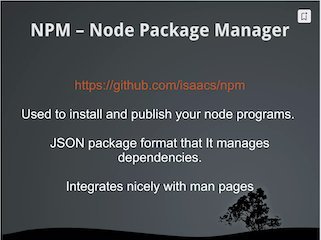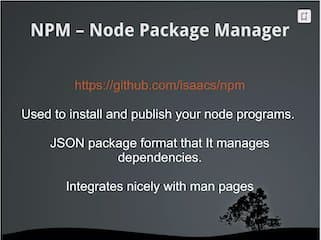Decades after Microsoft's Internet Explorer security failures paralyzed the web, history repeats with npm's unaddressed vulnerabilities. As supply chain attacks escalate through JavaScript's primary package manager, Microsoft's ownership creates systemic risk for global software development.
Microsoft's npm Neglect: A Ticking Supply Chain Time Bomb

The ghosts of Internet Explorer's security failures haunt today's JavaScript ecosystem. In a scathing analysis, developer Tane Piper argues that Microsoft's stewardship of npm—the backbone of JavaScript development—has created catastrophic supply chain vulnerabilities threatening every organization building software. With parallels drawn to Microsoft's 2000s antitrust case over IE's monopolistic flaws, the critique lands amid escalating attacks targeting npm's infrastructure.
Déjà Vu in Digital Form
"Time is a flat circle," Piper observes, recalling how Microsoft embedded Internet Explorer so deeply into Windows that it became both unremovable and riddled with unfixed vulnerabilities for decades. Today, Microsoft controls npm through its GitHub acquisition—commanding the world's largest JavaScript repository, distribution channel, and the ubiquitous VSCode editor. Yet critical security gaps persist, including:
- Unrestricted script execution via
postinstallhooks - Unvetted package execution through
npx(as demonstrated in Piper's 2016 proof-of-concept) - Inadequate dependency signing enabling malware distribution
"Microsoft essentially abandoned IE... It still shipped as default with the OS, unable to be removed without breaking other parts of the system. Each release added something new but continued to add bugs on top of the ones that no one touched," Piper writes, drawing explicit parallels to npm's current trajectory.
From Crypto Theft to Systemic Compromise
{{IMAGE:2}} Early npm announcement slide (Source: tane.dev)
While npm's early "wild west" days saw abandoned packages and cryptocurrency-focused attacks, recent incidents like the xz backdoor attempt and NX compromise reveal alarming escalation. Attackers now target:
- Maintainer credentials for long-term access
- Deep dependency chains affecting thousands of projects
- CI/CD pipelines through poisoned build tools
Despite GitHub introducing SBOM attestation, Piper contends fundamental protections remain absent. Two-factor authentication proved insufficient, and automated tools flood the registry with malicious packages faster than they can be removed.
The Cost of Centralization Without Accountability
Microsoft's deep pockets saved npm from financial collapse, but technical debt compounds as security takes a backseat to AI investments. GitHub's recent absorption into Microsoft's "AI team" signals where priorities lie. Meanwhile, developers face:
{
"real_world_impact": {
"development_speed": "Slowed by auditing requirements",
"trust": "Eroded in open source ecosystems",
"innovation": "Stifled by fear of dependencies"
}
}
Beyond Bug Bounties: A Call for Industry Reckoning
As criminal and state actors weaponize AI for sophisticated social engineering and automated attacks, Piper issues a stark warning: "Without a concerted effort across the industry to make the software supply chain secure by default, we will continue to see a rise in incidents." The solution requires:
- Mandatory code signing for published packages
- Isolated execution environments for build scripts
- Decentralized trust models beyond single corporate ownership
"The tools we use to build software are not secure by default," Piper concludes, arguing that Microsoft's pattern of neglect makes them a "bad actor" in software infrastructure. Until enterprises demand accountable stewardship over convenience, the next xz-style catastrophe isn't a matter of if—but when.
Source: Oh no, not again... A meditation on npm supply chain attacks by Tane Piper

Comments
Please log in or register to join the discussion